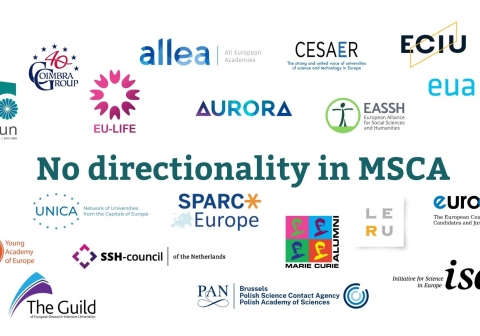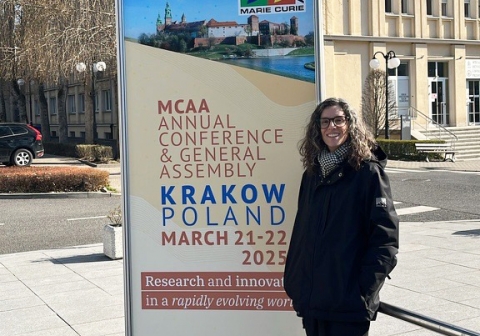European scientists unite to safeguard the future of genome editing
On July 25th, the Court of Justice of the European Union (ECJ) ruled that organisms obtained by modern forms of mutagenesis such as CRISPR are not exempt from the EU GMO legislation. Consequently, genome edited organisms must comply with the strict conditions of the EU GMO legislation. This is in stark contrast with the opinion of the Advocate-General of the Court, which was published in January of this year and advised ruling otherwise.
We regret the purely process-based interpretation of the legislation by the Court and conclude that the EU GMO legislation does not correctly reflect the current state of scientific knowledge. Organisms that have undergone simple and targeted genome edits by means of precision breeding and which do not contain foreign genes are at least as safe as if they were derived from classical breeding techniques.
Therefore, EU-LIFE calls upon all European authorities to quickly respond to this ruling and alter the legislation such that organisms containing such edits are not subject to the provisions of the GMO Directive but instead fall under the regulatory regime that applies to classically bred varieties. In the longer term, the GMO Directive should be thoroughly revised to correctly reflect scientific progress in biotechnology.



